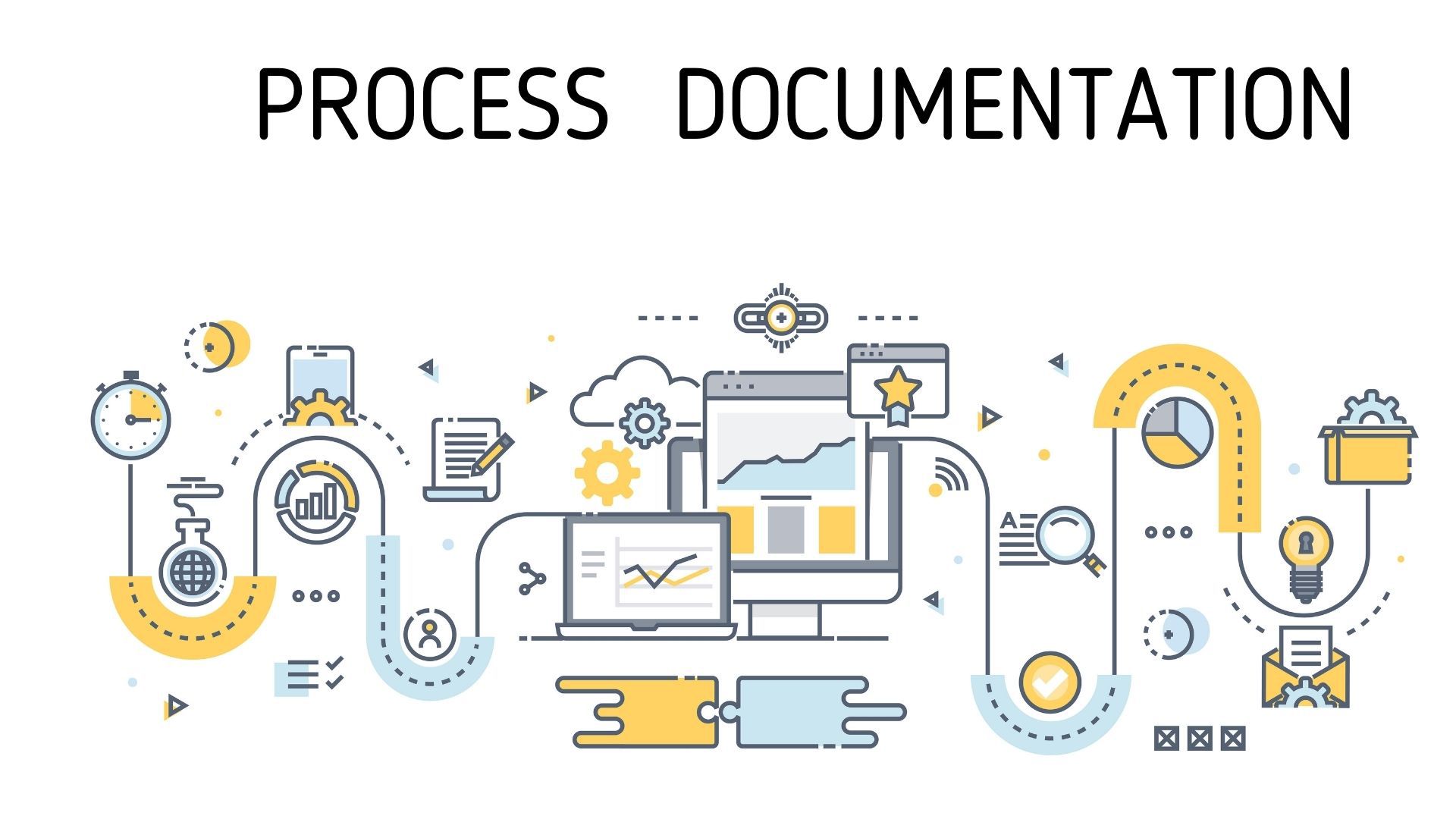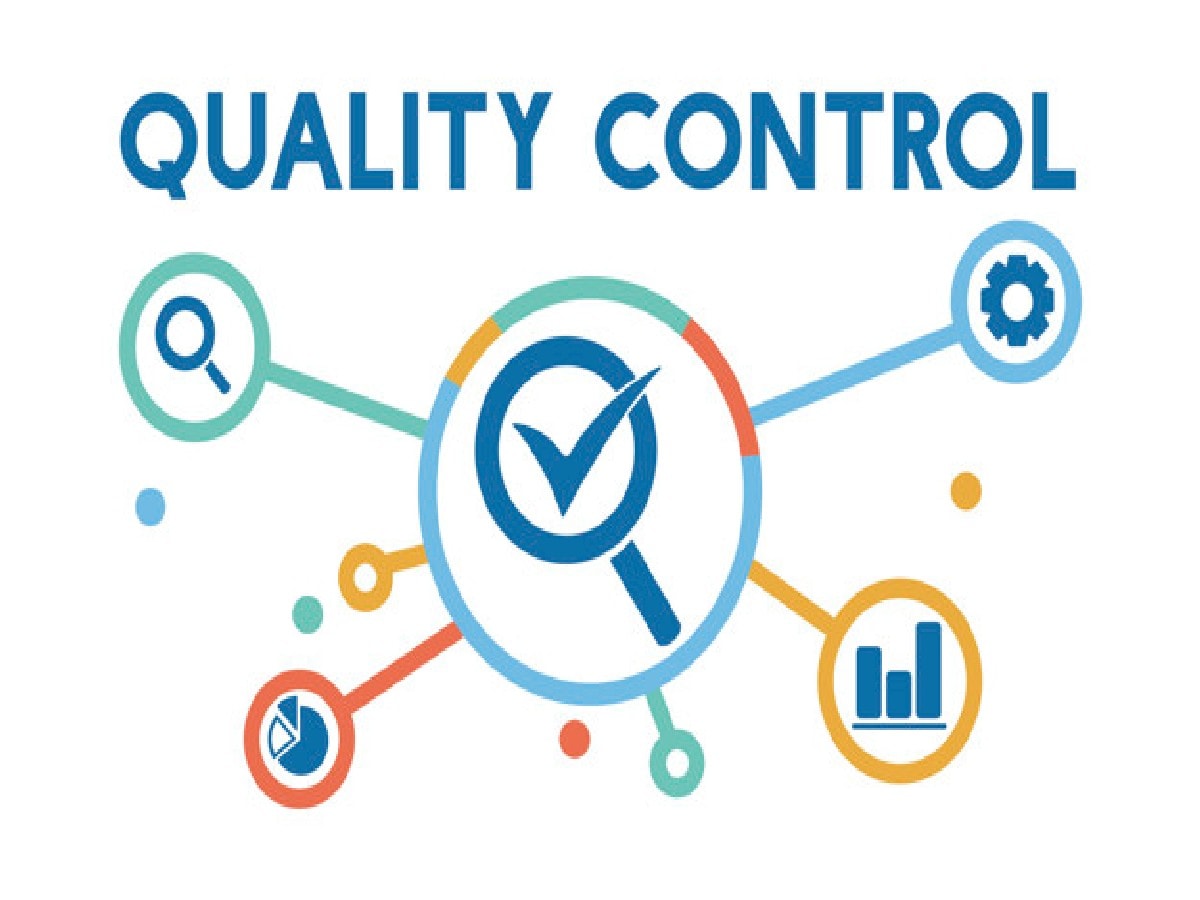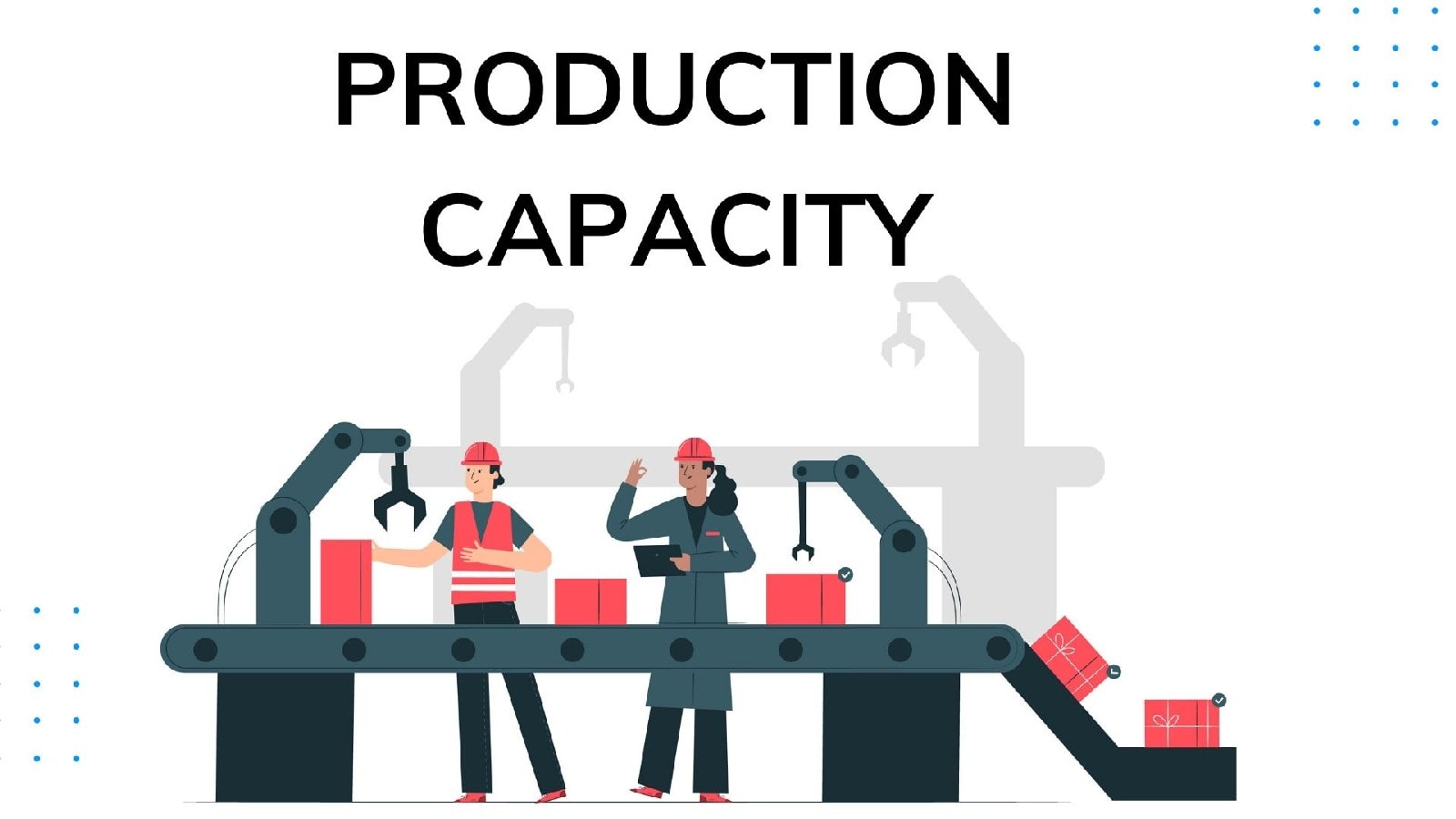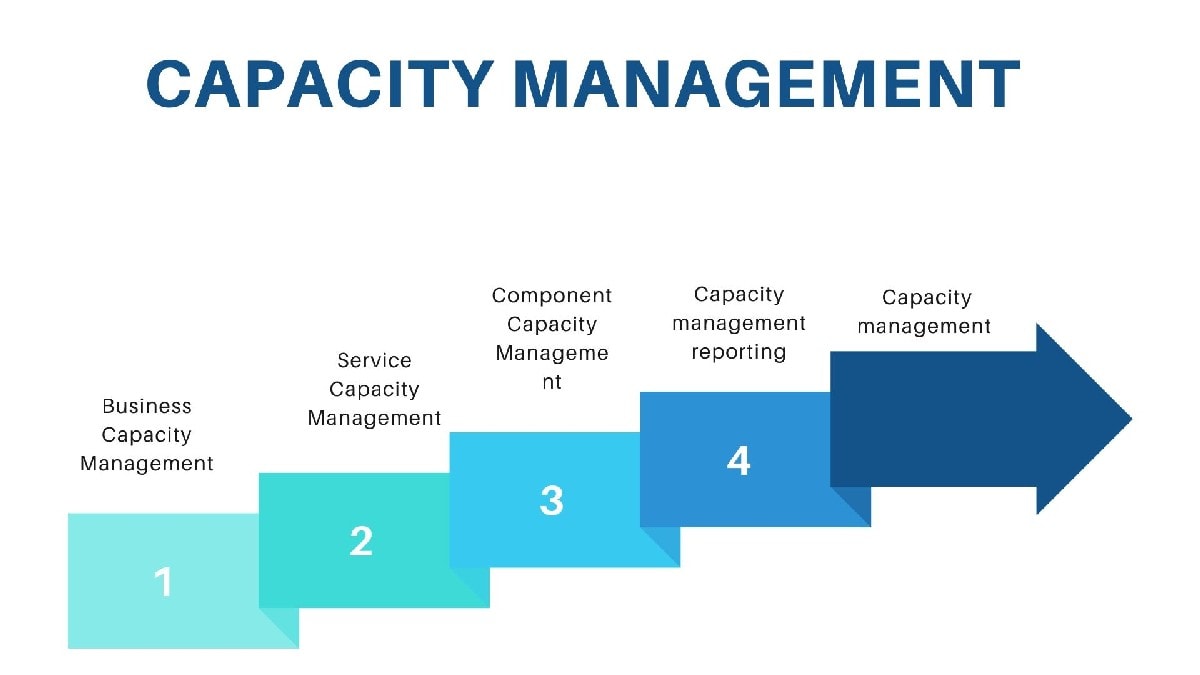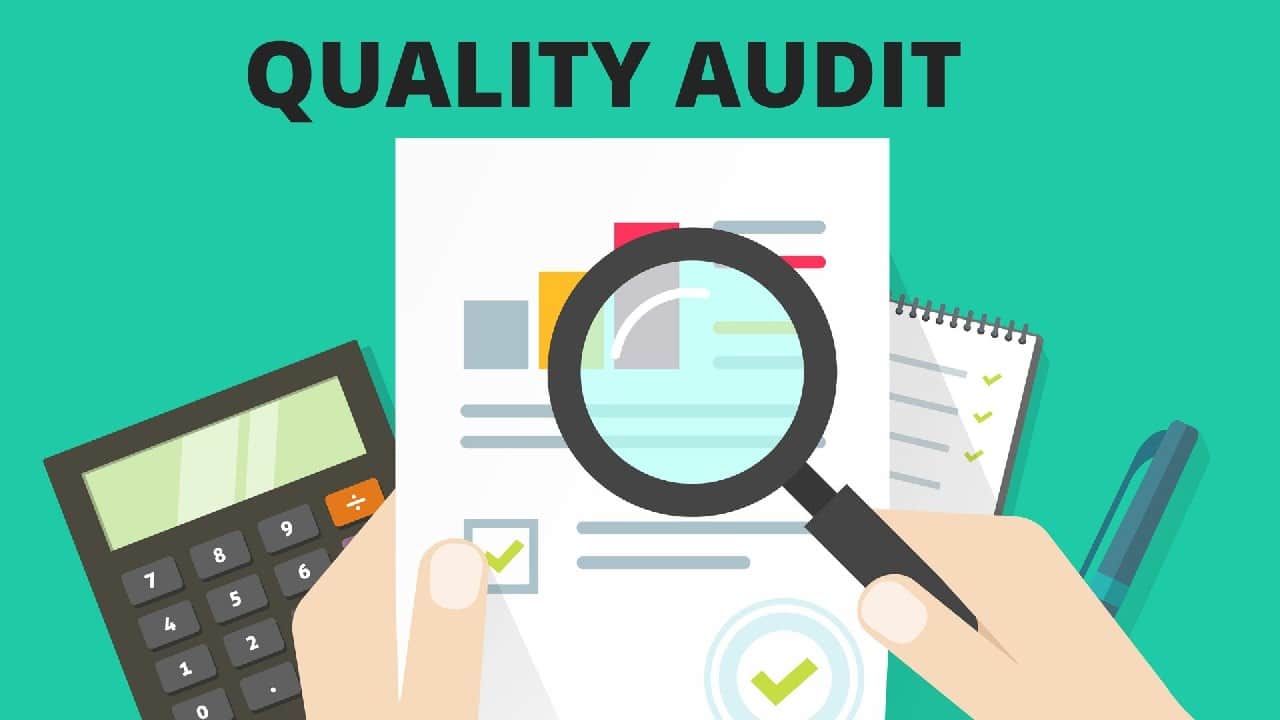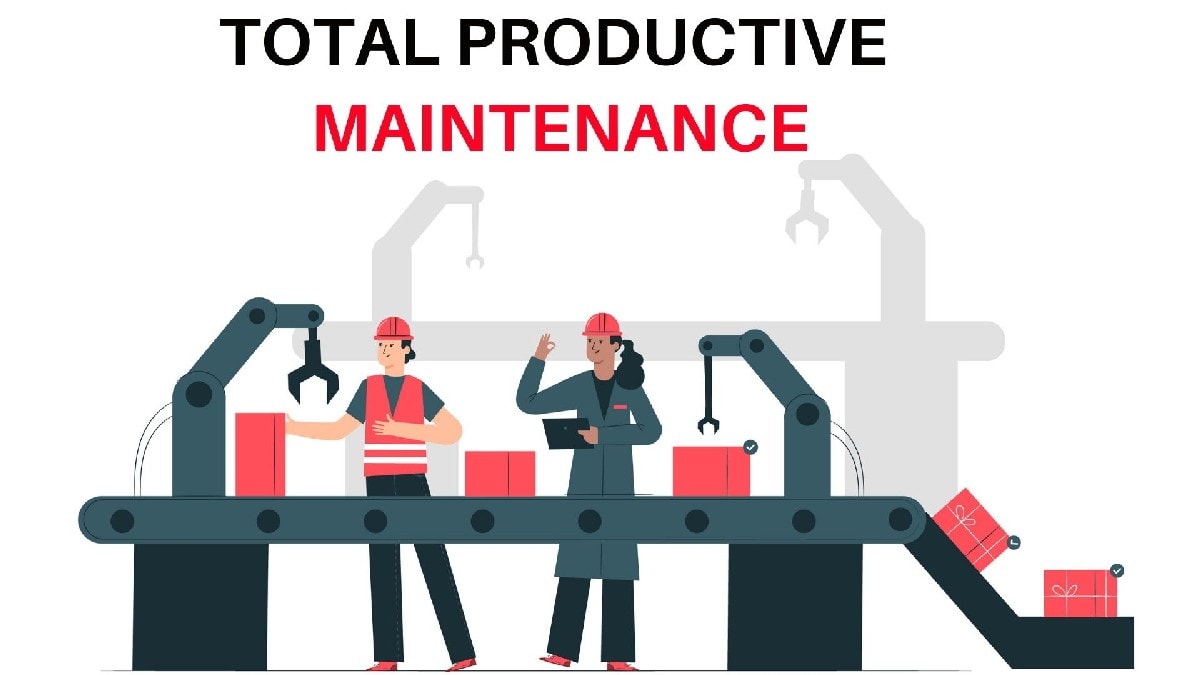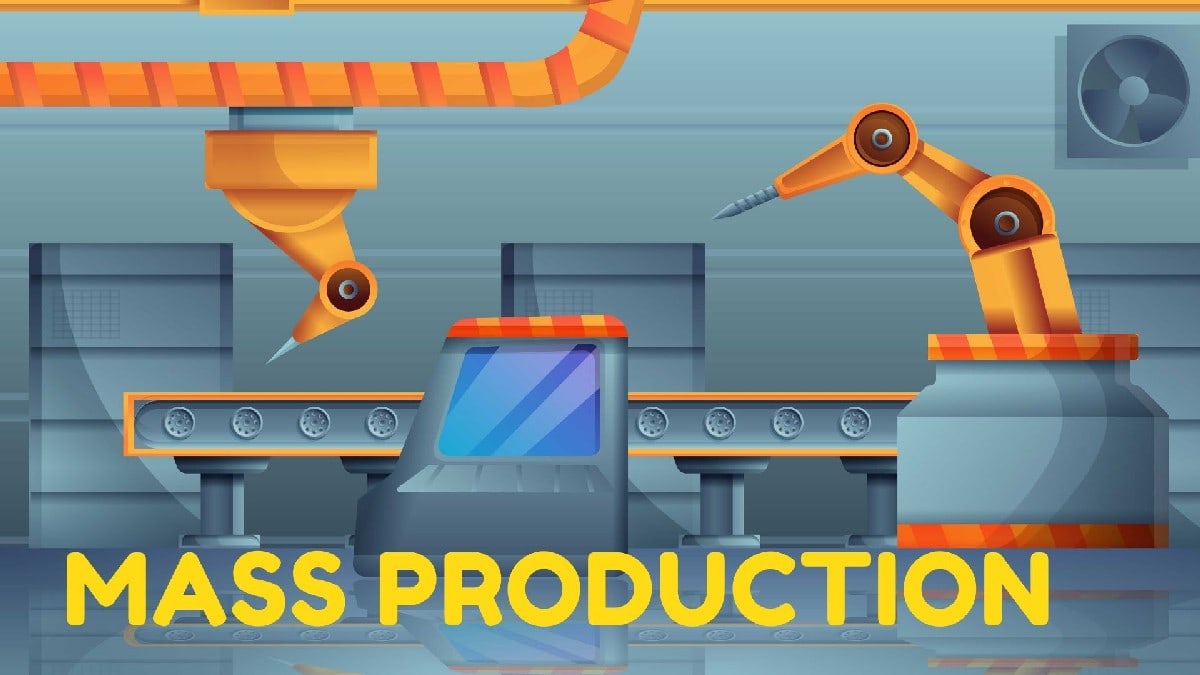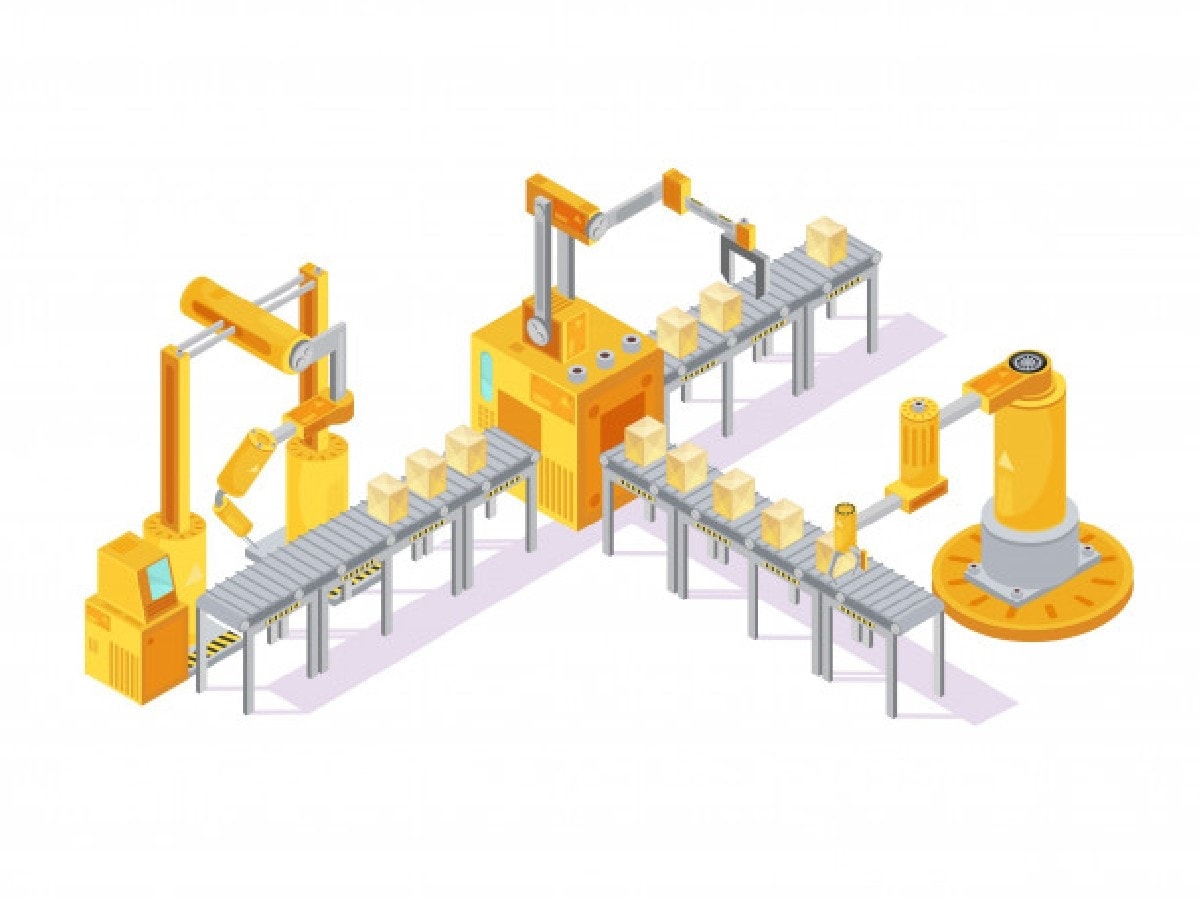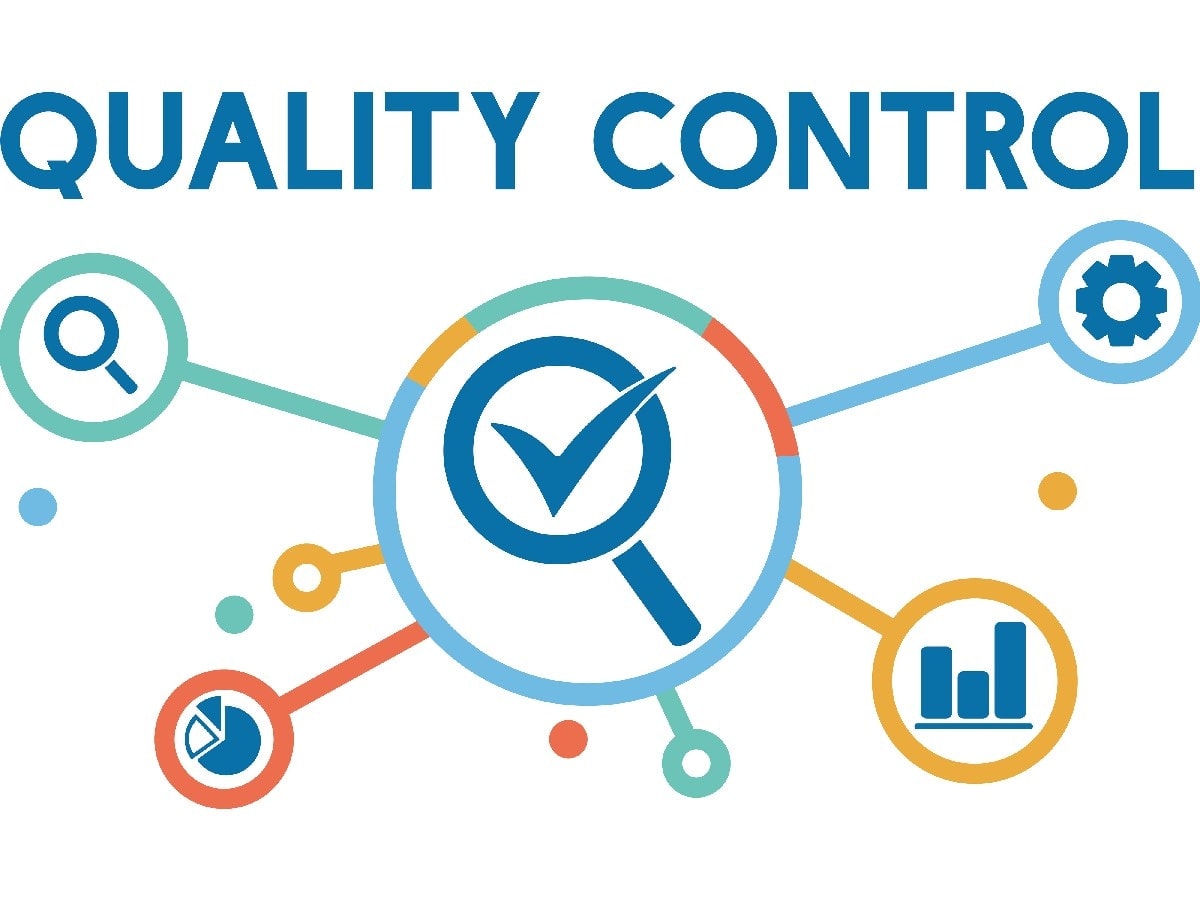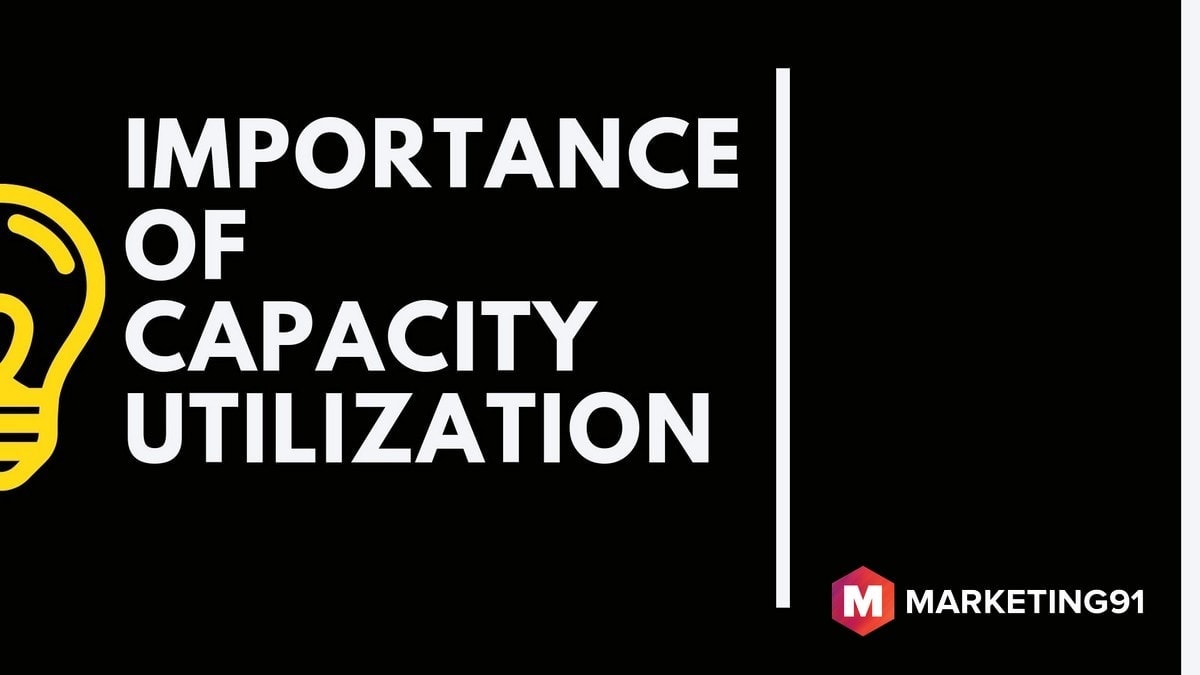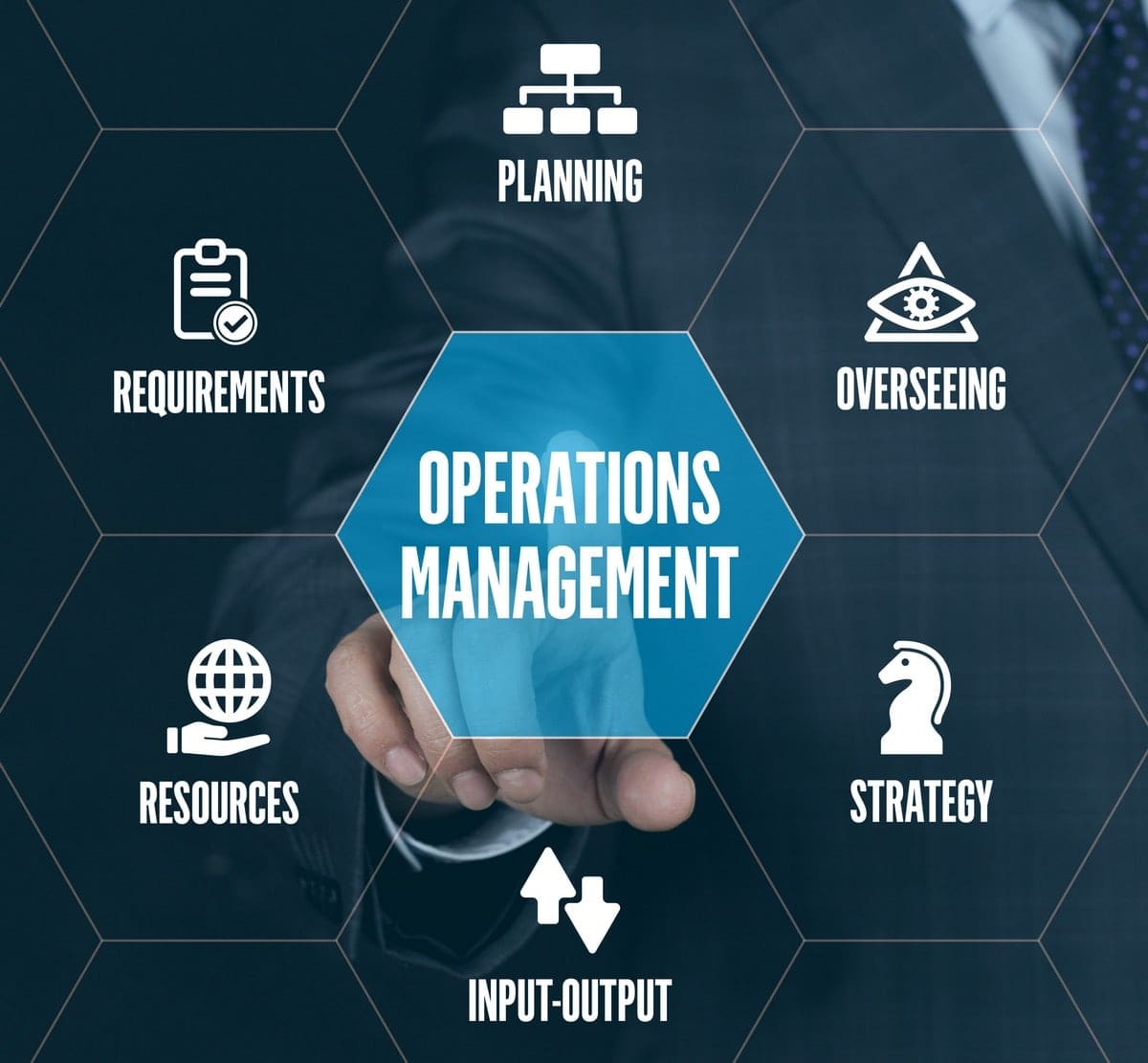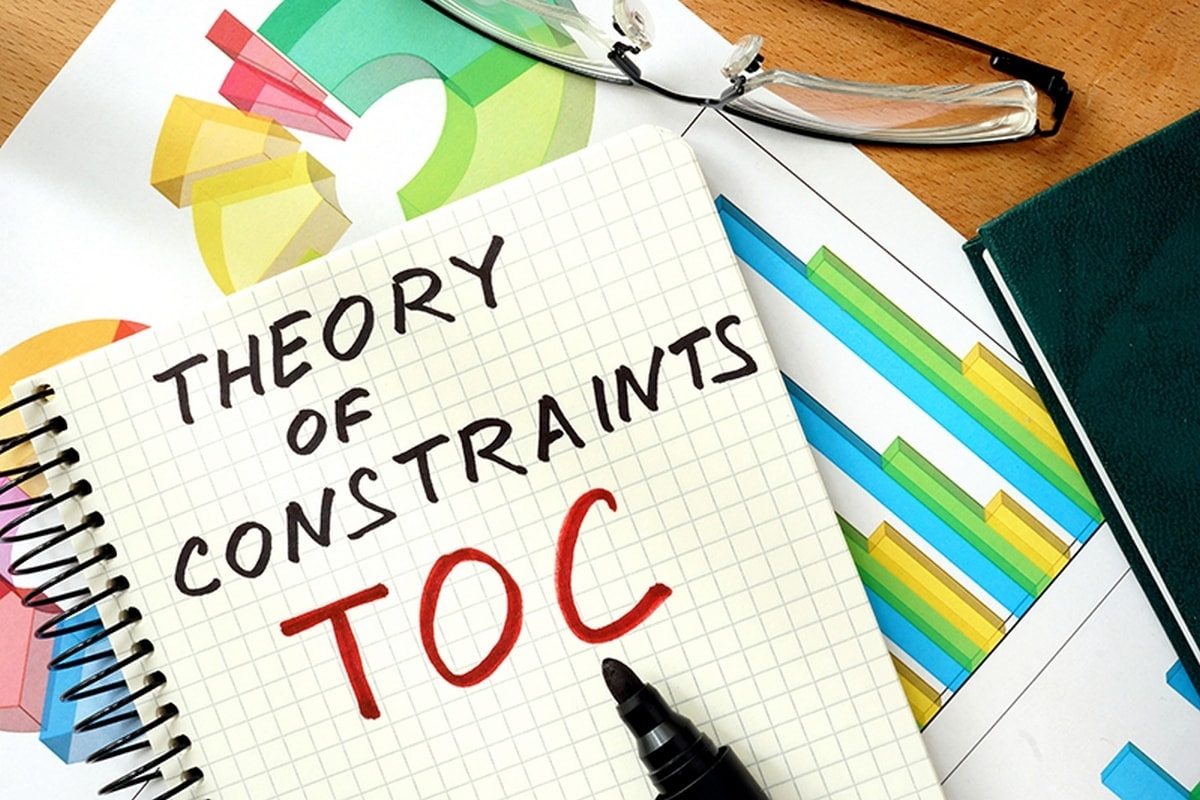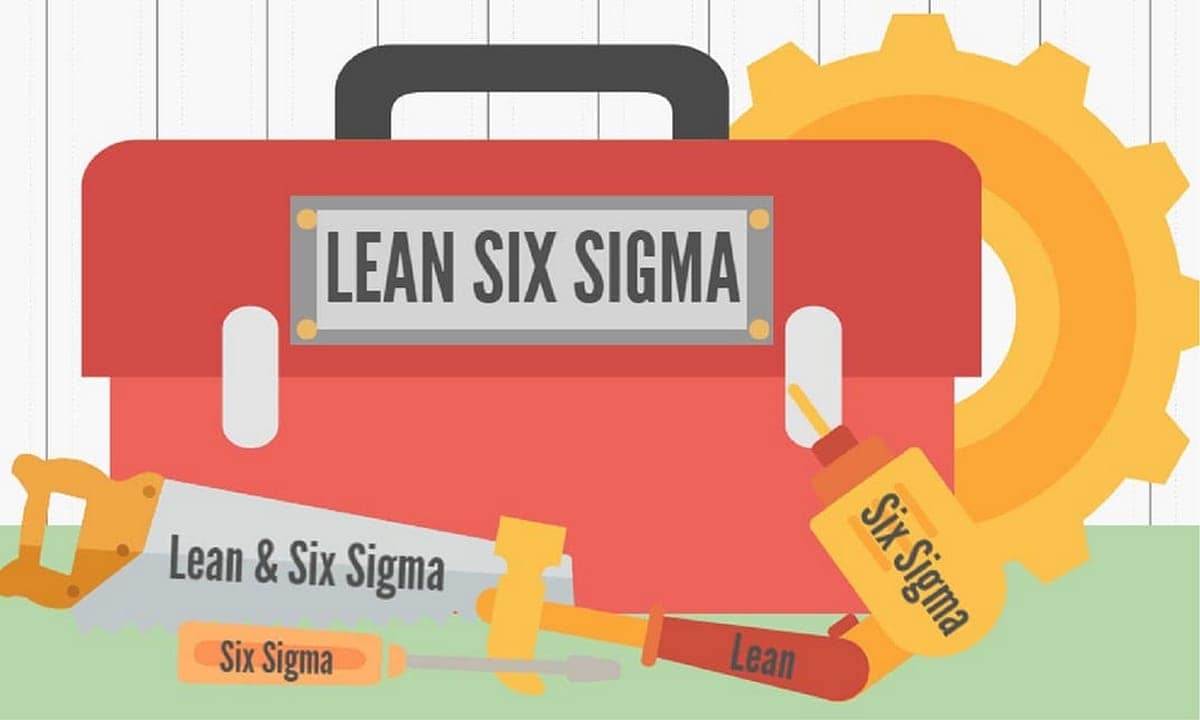A bonded warehouse is a secured place for imported goods (known as bonded goods) or duty payable goods for storing them closer to foreign customers…
Operations Management
Learn about efficient production & delivery processes with our Operations Management category. Maximize resources & improve performance.
Process Documentation | Importance, Goals and Steps
Several different processes make up a business. The different processes that constitute a business need constant reviewing and improving. These processes are generally improved based…
Types Of Resources: Natural and Man-Made Resources
A resource is defined as something that is considered useful and valuable by human beings. It is a supply or a source that has utility…
What is Operational Excellence and its 10 Core Principles
There is no business in this world that does not require improvement. There is always one or two areas in the business that could be…
Critical To Quality (CTQ) Definition – Process and Benefits
What is Critical to Quality? Critical to Quality is the conversion of Critical to Customers factors into certain measurable and controllable manufacturing and/or delivery processes….
Lead Time – Definition, Examples, and Importance
Lead time can be defined as the total time elapsed between the initiation of a process and the completion of the process. What is Lead…
What is Kanban? Principles and Benefits
Kanban is a workflow method to manage and visualize your work progress and can be used for increasing your efficiency. Kanban is a framework that…
Operations Management Definition and Principles
Business operations are an integral part of every business, irrespective of the industry. It will be helpful to know all the necessary processes that are…
Production Capacity – Definition, Calculation And Examples
Definition Production capacity is defined as maximum production or output, which can be produced in business with the help of available resources. The capacity is…
Incidence Rate – Definition, Meaning, Types, Examples
Definition of the incidence rate The incidence rate is defined as a frequency evaluator that helps to measure an incident or a disease etc. that…
10 Strategies to Minimize Waiting Time of Customer
Waiting time is defined as the time in which a person has to wait to acquire a specific service or action after placing a request…
Aggregate Planning – Definition, Importance, Strategies And Advantages
Definition: Aggregate planning is a planning method in the production process which is also considered a marketing activity used to determine the required resource capacity…
Process Analysis – Definition, Meaning, Objectives, Advantages
Process analysis is defined as a breakdown of a process into step-by-step phases that are used to describe and convey the output, input, and operation…
What is Capacity Management? Role in Planning
Capacity management involves adjusting the capacity of a resource, for instance, a system, machine or equipment to meet the planned load or demand. In business,…
Bullwhip Effect – Example, Causes, Analysis and Consequences
The bullwhip effect is a supply chain phenomenon in which there are inefficiencies in forecast and supply chain. The bullwhip effect refers to the fluctuating…
Yield Management – Definition, Calculation, Examples and Strategy
Yield management is a pricing strategy through which you can maximize your revenue. It is a famous variable pricing strategy that is primarily based on…
Quality Audit – Definition, Meaning, Types, Advantages
Definition Quality audit is a process of examination and verification of procedures, records, and activities of a quality system that is carried out by an…
Production Planning – Definition, Objectives, Need, Types, Importance
Definition Production planning is defined as the planning of production models in an organization or an industry. To serve different customers, it makes use of…
Total Productive Maintenance – Definition, Meaning, Objectives
Definition Total productive maintenance is also popularly known as TPM and is defined as an approach towards equipment maintenance. Its objective is to attain one…
Mass Production – Definition, Meaning, Understanding, Advantages
Mass production is defined as a production method of standardized products in large quantities. Automation technology or assembly lines are often used in the manufacturing…
Process Improvement: Meaning, Tips, Role, Steps, and Phases
When it comes to successfully running a business, we can say that it is not r an easy process for sure. However, with the help…
Process Control: Meaning, Objectives, Types, Importance, and Advantages
Process control is defined as an activity that ensures a process is steady, predictable, and constantly operating at the set level of performance with the…
Quality Circle: Meaning, Features, Objectives, Structure, and Techniques
Quality circle is a participant management method in which a team of employees works towards solving and defining a problem that is related to the…
Cycle Time: Meaning, Significance, Production Process and Formula
Cycle time can be defined as the total time required for completion of a job, task, or activity. In other words, cycle time can be…
Capacity Planning: Meaning, Strategies, Importance and Procedure
Capacity planning is defined as a method to gauge the production capacity needed to meet the changing product demands of an organization. Two terms of…
Operating Cycle: Meaning, & How to Reduce the Longer Operating Cycle?
Operating cycle is defined in terms of the average time an organization takes between spending money for operational activities and later collecting the amount of…
Operational Efficiency: Meaning, Examples, and 15 Tips
Operational efficiency is defined as the ability of a business entity to deliver products and services cost-effectively while ensuring its high quality. It is also…
Operational Plan: Meaning, Limitations, Types, and how to Develop one?
An operational plan is defined as a plan that is set in motion to establish, increase, and improve the daily operations of a business entity….
Continual Improvement: Meaning, Benefits, Disadvantages, & Applications
Continual improvement is defined as a process that includes ongoing and continuous effort to improve the standard of processes, services, or products. It is always…
Operational Risk: Meaning, Examples and How to stay safe from them
The financial companies and banks are in constant fear of risks and keep looking for methods to mitigate these risks. Operational risks take place because…
Capacity Utilization Rate – Definition, Meaning, Importance
Capacity utilization is defined as the extent to which the manufacturing and productive capacities of a country, plant, or business entity are utilized in generating…
What is Operational Risk Management or ORM? Definition and Stages
What is Operational Risk Management or ORM? Definition – Operational Risk Management or ORM is a tool that helps in determining potential operational risks and…
Importance of Operations Management Explained
In today’s dynamic business market it is very crucial for the firms to plan each of their business activities in the most organized and seamless…
What is Just in Time Inventory? Examples, Advantages and Disadvantages
Just in Time Inventory can be defined as a strategy to increase production efficiency and decrease waste by receiving goods as and when required in…
What is Theory of Constraints?
The Theory of Constraints is a unique methodology for identifying the most important limiting factor that stands in the way of achieving a goal and…
What is Six Sigma? Six Sigma Concept Explained
The Concept of Six Sigma is a disciplined, statistical-based, data-driven approach, and a continuous improvement methodology for eliminating defects in a product, process or service…
What is Total Quality Management?
The concept and methodology of Total Quality Management can be defined as an extensive and structured organization management approach that mainly focuses on the continuous…
What is Just in time Manufacturing? Elements Involved
Just in Time Manufacturing is also known as just-in-time production or the Toyota Production System and can be defined as the methodology with an objective…
What is Lean Manufacturing? Lean Production Explained
Lean Manufacturing is a methodology that mainly focuses on minimizing waste within manufacturing systems of the company and simultaneously maximizing the levels of productivity. Lean…
What is Cycle Count & What is Cycle Count Process
Inventory management is one of the crucial aspects that contribute towards business success. Inventory management ensures smooth flow of business activity. In order to carry…

